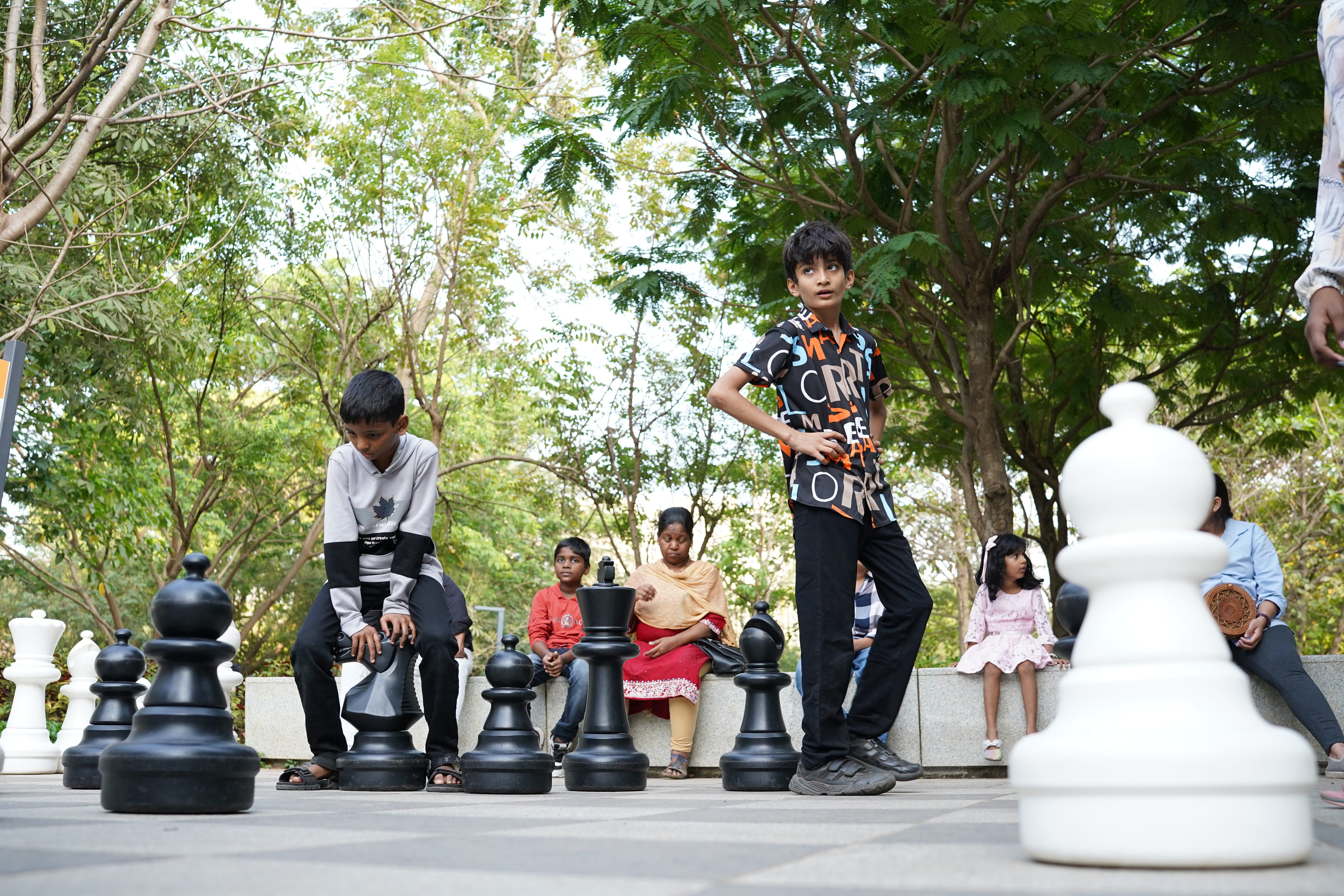Latest Posts
Loading latest posts...
Play-based learning is transforming the way
children learn in India’s schools. By integrating play with
education, schools can foster creativity, critical thinking, and
social skills. In this article, FunPlay Systems explores the future
of play-based learning, the challenges faced by Indian schools, and
the exciting opportunities ahead.
Learn more About Us |
Products |
Projects |
FAQs | Gallery
Play-based learning is a method where children learn through hands-on activities that engage them physically, mentally, and emotionally. This could include:
This approach is known to improve children’s critical thinking, problem-solving skills, and social abilities.

While the benefits of play-based learning are clear, there are several challenges that might slow its growth in India’s schools.
Many schools still focus heavily on academic achievement, where children are expected to memorize facts and score high on exams. Play-based learning often feels like it takes too much time away from this academic focus.
Most teachers in India are trained in traditional teaching methods and may not know how to implement play-based learning effectively. This requires new teaching strategies, which are not always included in teacher training programs.
Many schools, especially in rural areas, lack the resources or space to create proper play areas. Play-based learning requires safe, open spaces, which are often unavailable in overcrowded classrooms or urban schools with little room for outdoor play.
In some areas, there is still a belief that serious study is the only way to success. Some parents and educators may not see the value of play-based learning, thinking it is “just fun” and not “real education.”
Despite these challenges, there are many exciting opportunities for play-based learning in India’s schools.
The Indian government is starting to focus more on holistic education—an approach that emphasizes emotional, physical, and social development, alongside academic learning. This change is opening doors for play-based learning to become more widely accepted.
More parents and educators are realizing that learning through play helps children retain knowledge better, improve creativity, and develop life skills. Schools that implement play-based learning are already seeing positive results.
New technologies and apps designed for learning through play are also making it easier to integrate play into the classroom. From interactive educational games to virtual reality experiences, technology can complement play-based learning and make it more engaging.
Organizations like Play2Learn and Anthill Creations are actively promoting play-based learning and helping schools and communities build fun, interactive learning environments. Their work shows that with the right support, play can be a part of the learning process even in under-resourced areas.
The National Education Policy 2020 (NEP 2020) has given more importance to foundational literacy and numeracy, along with an emphasis on experiential learning. This opens the door for schools to experiment with play-based learning, especially in the early years.
For play-based learning to grow in India’s schools, a few things need to happen:
Teachers should be trained in play-based methods. This could be done through workshops, online courses, or partnership with NGOs that specialize in child development and learning.
Schools need support to create play-friendly environments—whether it’s redesigning classrooms or adding outdoor play areas with simple materials like blocks, sandpits, and swings.
Parents, teachers, and policymakers need to understand the value of play. Once they see the benefits—such as improved creativity, teamwork, and emotional development—they will be more likely to support play-based learning.
Play-based learning has the power to transform how children learn in India’s schools. Although there are challenges, the opportunities are exciting. With the right support, training, and infrastructure, play can become a core part of education in India.
The future of learning in India should be as fun as it is educational. It’s time to give children the chance to learn through play and prepare them for a creative, innovative future.
Discover more about our educational playground equipment and see our latest projects across India.
Latest Posts
Loading latest posts...